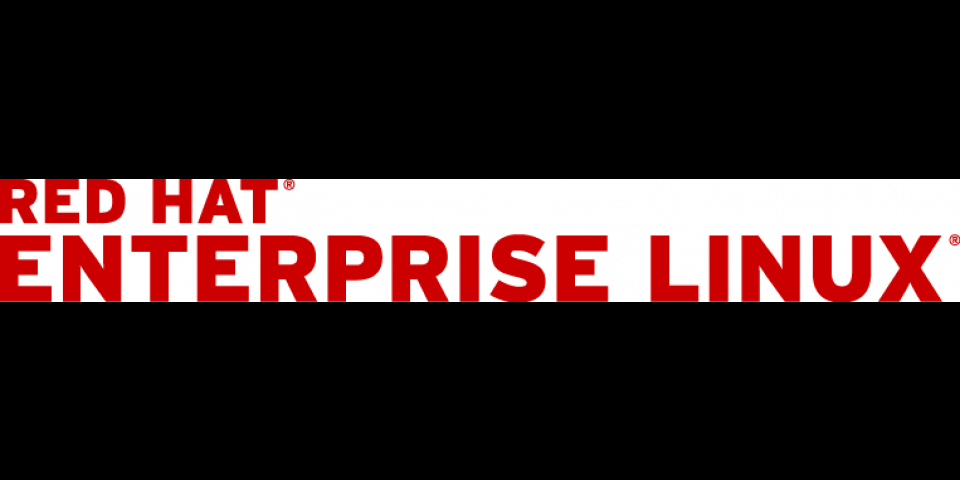We are pleased to announce general availability of Red Hat Developer Toolset 8 for Red Hat Enterprise Linux 6 and 7. The key new components for this release are:
- GCC 8.2.1
- GDB 8.2
- Updated components such as SystemTap, Valgrind, OProfile, and many more
See the "New Features" section below for more details.
Like other tools, these are easily installable via yum, see How to install GCC 8 on Red Hat Enterprise Linux. Red Hat Developer Toolset and Red Hat Software Collections are included in the no-cost developer subscription for Red Hat Enterprise Linux.
About Red Hat Developer Toolset
Twice a year, Red Hat distributes new versions of compiler toolsets, scripting languages, open source databases, and web tools providing application developers with access to the latest, stable versions. These Red Hat supported offerings are packaged as Red Hat Software Collections (scripting languages, open source databases, web tools, etc.), Red Hat Developer Toolset (GCC), and the recently added compiler toolsets Clang/LLVM, Go, and Rust. All are yum installable, and are included in all Red Hat Enterprise Linux Developer Subscriptions and most Red Hat Enterprise Linux subscriptions. Most components are also available as Linux container images for hybrid cloud development across Red Hat platforms including: Red Hat Enterprise Linux, Red Hat OpenShift, Red Hat OpenStack, etc.
New features in Developer Toolset 8:
Version 8 of the Developer Toolset (DTS) is based on GCC version 8.2.1, and DTS users are encouraged to update to DTS 8. The following new compiler features are included in GCC 8:
- Interprocedural optimization improvements
- Improvements in profile driven optimizations (PGO)
- Improvements in link time optimizations (LTO)
- Changes in loop nest optimization flags
- New code generation options to increase program security (-fstack-clash-protection)
- Various new warnings to detect potentially buggy code with security implications
- Various improvements to GCOV
- The sanitizers have been extended to detect more invalid cases
- Also, various warnings for the front ends have been added. Some of the existing warnings have been extended. Diagnostic messages have been improved
New changes in the GCC 8 stable release over the GCC 7 series includes:
- Intel Cannonlake support. And GCC 8 also has initial targeting for Intel Icelake, Cannonlake's successor.
- Improved tuning for AMD Zen "znver1" microarchitecture.
- ARMv8.4-A support as well as now officially supporting the ARM Cortex-A55 and Cortex-A75 CPUs.
- Qualcomm Saphira CPU support, Qualcomm's new ARM server CPU core.
- Default to C17 for C code and on the C++ side is initial work towards C++2A.
- Libstdc++ has improved experimental support for C++17 and experimental support for C++2A.
- Preparations for Fortran 2018.
- Various work around Spectre mitigation for different architectures.
- Correct -march=native handling on ARM/AArch64.
- Intel Cilk Plus support was dropped while separately Intel MPX (Memory Protection Extensions) was deprecated and will likely be dropped in GCC 9.
Developer Toolset 8 also includes updates for debugging, optimizing, and performance tools:
- binutils: 2.30
- dwz: 0.12
- elfutils: 0.174
- oprofile: 1.3.0
- systemtap: 3.3
- valgrind: 3.14.0
- dyninst: 9.3.2
- strace: 4.24
- memstomp: 0.1.5
- ltrace: 0.7.91
- make: 4.2.1
Developer Toolset with GCC 8 runs on RHEL 6 (x86_64) and 7 (x86_64, ppc64, ppc64le, aarch64, s390x)
Package name: devtoolset-8
Get started with GCC 8: How to install GCC 8 and Clang/LLVM 6 on Red Hat Enterprise Linux
For more information:
- Product information
- Recommended Compiler and Linker Flags for GCC
Last updated: March 24, 2023


